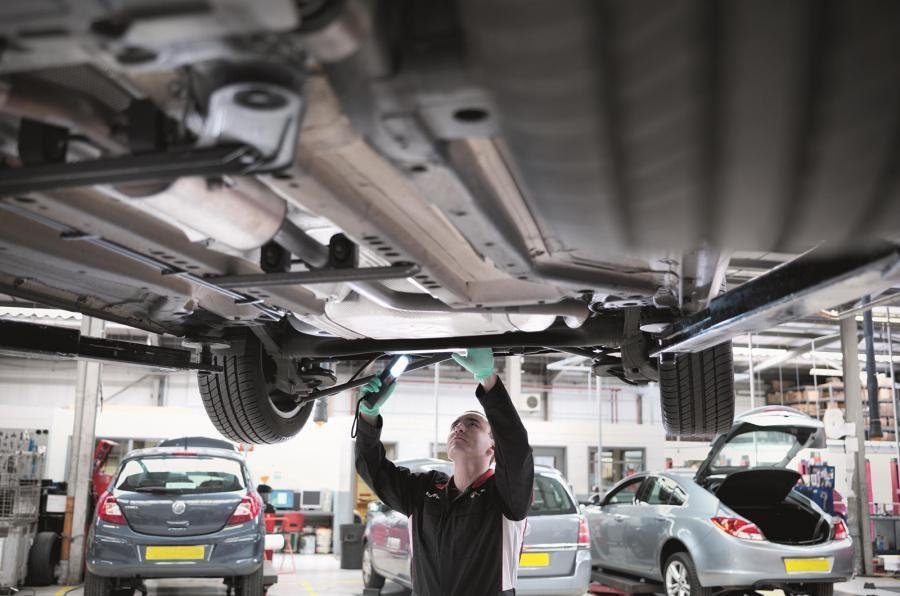
On 20th May 2018 the DVSA introduced the new MOT and changed the way MOT's are carried out as detailed in our blog post 'Traditional MOT due to change on 20th May 2018'. It has now been 6 months since the new mot changes came into effect and DVSA have released their official data on MOT failures (20th November 2018).
Over 13 million vehicles have undertaken a MOT test since the new changes where implemented on the 20th May. Out of these 1,926,557 petrol (34.6%) and 1,573,492 diesel (33.3%) cars failed their MOT. These figures remain stable showing the effects and average fail rates for this year and last year are the same.
The MOT test is always evolving but this has been the first significant change for many years whereby the actual classifications and structure of the test results are altering.
More importantly, the data which has been released from the DVSA focuses on the new emissions testing that was introduced with the new MOT. As part of the new emissions testing a vehicle can now fail on
Since 20 May 2018, a total of 238,971 diesel cars and 505,721 petrol cars have failed the new emissions test which can be compared to just 58,004 diesel cars and 292,468 petrol cars during the same time in 2017. The new test has also seen a 448% increase in diesel vans failing. These have increased from 3,585 in 2017 to 19,648 in 2018.
The new regulations and statistics clearly demonstrate the important of regular maintenance on your vehicle as this helps to keep emissions within the tested ranges. You should get your car checked as soon as you believe there is a fault or problem with your car rather than wait for your MOT to come around or until the problem get's to the extend it stops you using the vehicle.
This is one of the many reasons why regular maintenance plays an important role in keeping emissions down, keeping you and others safe on the road and helping to prevent problems in the future. Generally speaking it is easier to budget and plan regular maintenance rather than having extra costs at point of failure.
Why not check out our blog post where we look at the benefits of maintenance over repair in more detail?
Remember an MOT is a once a year health check for your vehicle but it is only checking the vehicle at the time it is presented for it's test. It is the responsibility of the owner to ensure their vehicle is roadworthy and up to requirements for the duration of the year.
Simply follow this link to the official MOT enquiry site, enter your vehicle details and you will be able to find out the MOT status and history for your vehicle.
It's important to remember the MOT is a legal requirement for all vehicles over 3 years old. For more information on the MOT take a look at our blog post Your MOT - Everything you need to know.
We have an easy online booking system for MOT's which can be found by following this booking link. We have slots every 45 minutes, bookings can be made online using our real time calendar with no up front payment.
Alternatively you can give us a call on 01424 870 307 or drop us a message via our contact page